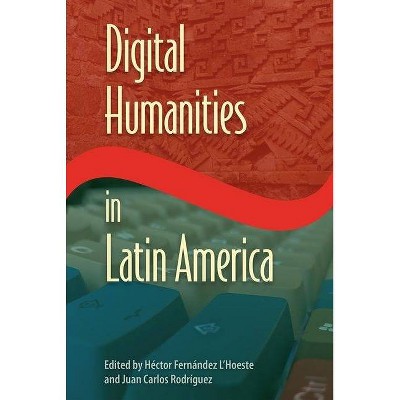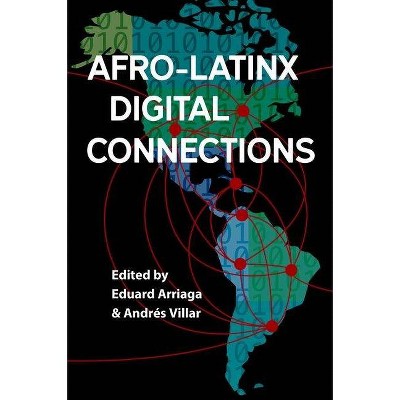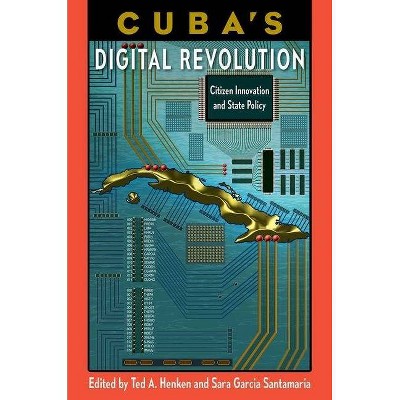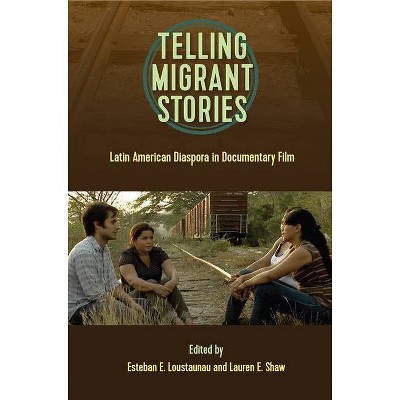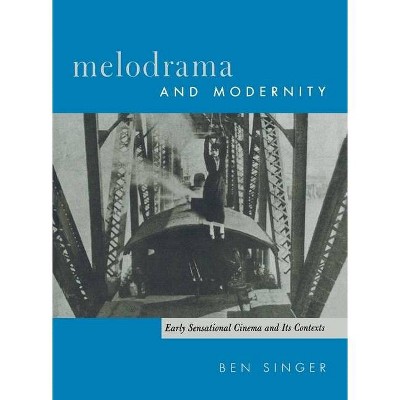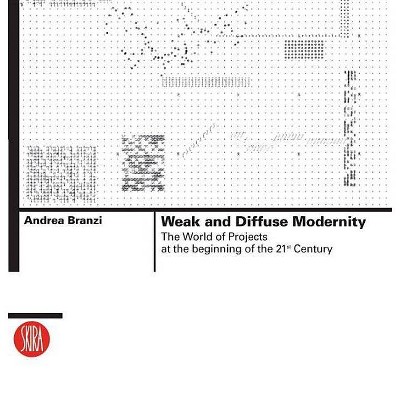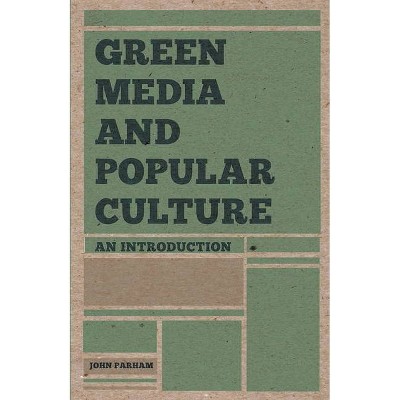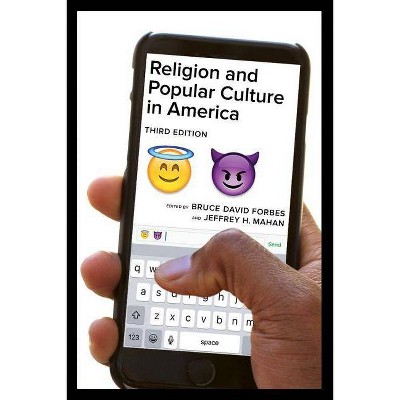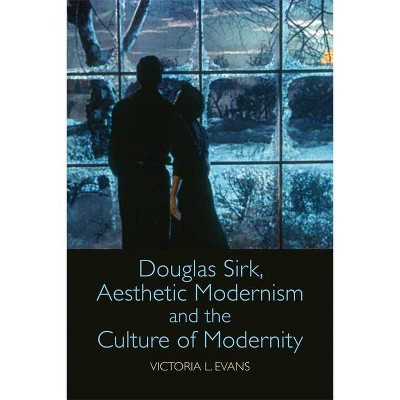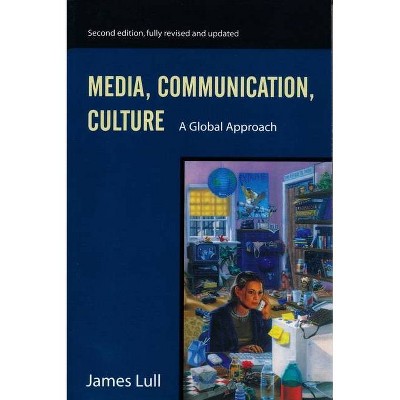Mestizo Modernity - (Reframing Media, Technology, and Culture in Latin/O America) by David S Dalton (Paperback)
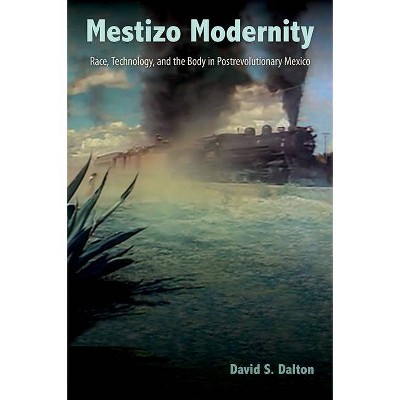
Similar Products
Products of same category from the store
AllProduct info
<p/><br></br><p><b> About the Book </b></p></br></br>This book discusses the work of Josâe Vasconcelos, Diego Rivera, Josâe Clemente Orozco, Emilio "El Indio" Fernâandez, El Santo, and Carlos Olvera. These artists--and many others--held diametrically opposed worldviews and used very different media while producing works during different decades. Nevertheless, each of these artists posited the fusion of the body with technology as key to forming an "authentic," Mexican identity.<p/><br></br><p><b> Book Synopsis </b></p></br></br><p><b>Honorable Mention, Latin American Studies Association Mexico Section Best Book in the Humanities</b></p> <p>After the end of the Mexican Revolution in 1917, postrevolutionary leaders hoped to assimilate the country's racially diverse population into one official mixed-race identity-the mestizo. This book shows that as part of this vision, the Mexican government believed it could modernize "primitive" Indigenous peoples through technology in the form of education, modern medicine, industrial agriculture, and factory work. David Dalton takes a close look at how authors, artists, and thinkers-some state-funded, some independent-engaged with official views of Mexican racial identity from the 1920s to the 1970s.</p> <p>Dalton surveys essays, plays, novels, murals, and films that portray indigenous bodies being fused, or hybridized, with technology. He examines José Vasconcelos's essay "The Cosmic Race" and the influence of its ideologies on mural artists such as Diego Rivera and José Clemente Orozco. He discusses the theme of introducing Amerindians to medical hygiene and immunizations in the films of Emilio "El Indio" Fernández. He analyzes the portrayal of indigenous monsters in the films of El Santo, as well as Carlos Olvera's critique of postrevolutionary worldviews in the novel <i>Mejicanos en el espacio</i>.</p> <p>Incorporating the perspectives of posthumanism and cyborg studies, Dalton shows that technology played a key role in race formation in Mexico throughout the twentieth century. This cutting-edge study offers fascinating new insights into the culture of <i>mestizaje</i>, illuminating the attitudes that inform Mexican race relations in the present day.</p> <p>A volume in the series Reframing Media, Technology, and Culture in Latin/o America, edited by Hector Fernandez L'Hoeste and Juan Carlos Rodriguez</p><p/><br></br><p><b> Review Quotes </b></p></br></br><br><p>"Fresh and exciting. . . . A rich and impressive intellectual tapestry. . . . Offers a valuable contribution to both the literary and cultural approaches to Mexican Studies, one that displays ample scope, considerable depth, and a formidable scholarly rigor."--<i><b>Journal of the Fantastic in the Arts</i></b></p> <p>"A necessary reference that provides an interdisciplinary insight into . . . key enduring themes such as identity, nation-state building and technoscience in Latin America. . . . Brings a fresh insight into new debates on race in scholarly literature."--<i><b>Journal of Latin American Studies</i></b></p> <p>"Offers us a useful heuristic for thinking through the project of the revolutionary state and reimagining mestizaje away from a racial or nationalist project and toward one in which modernity was about corporeal technologies."--<b>H-Net</b></p><br>
Price History
Price Archive shows prices from various stores, lets you see history and find the cheapest. There is no actual sale on the website. For all support, inquiry and suggestion messagescommunication@pricearchive.us
